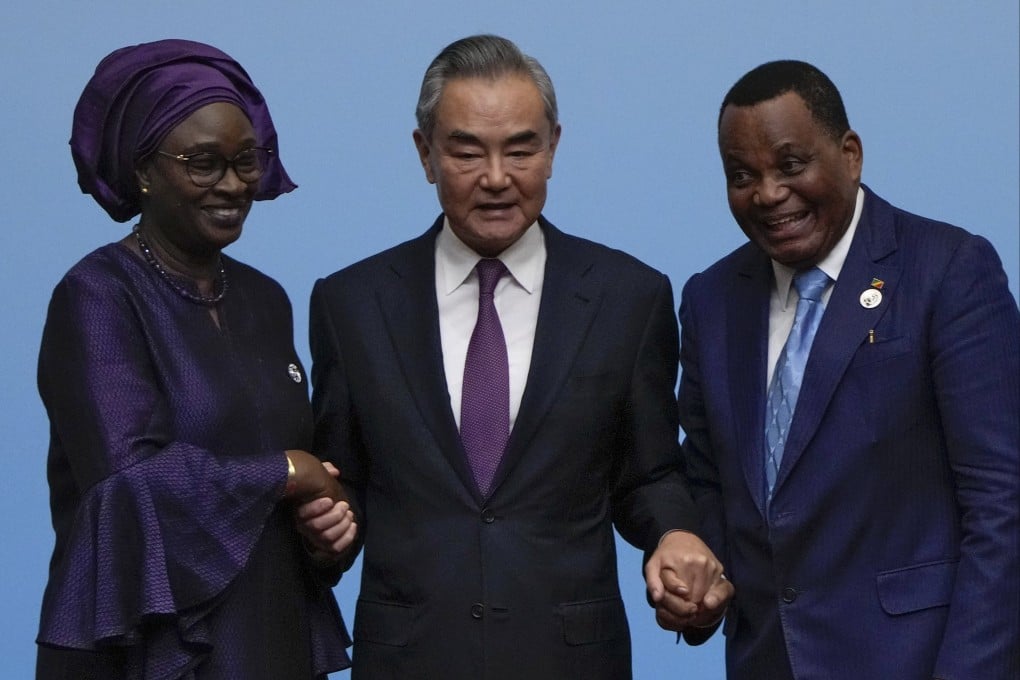The View | Why China is much more to Africa than development ATM
Where once China was a source of infrastructure and financing, Africa will now look to Beijing for knowledge and guidance on industrialising

In 1950, East Asia and sub-Saharan Africa were similarly poor in terms of per-capita GDP. The divergence in economic development in the ensuing decades is astounding. As shown in East Asia, human resources rather than natural resources provide the foundation for economic growth.
Just like East Asia, the textile and garment sector represents a good starting point of industrialisation for Africa, which has been targeted by the likes of Benin and Ethiopia. The latter is also attempting to move into manufacturing electric vehicles. Whether in labour-intensive or technology-based manufacturing, the labour productivity of a quality workforce is key. Developing human capital is an essential step towards industrialisation.
